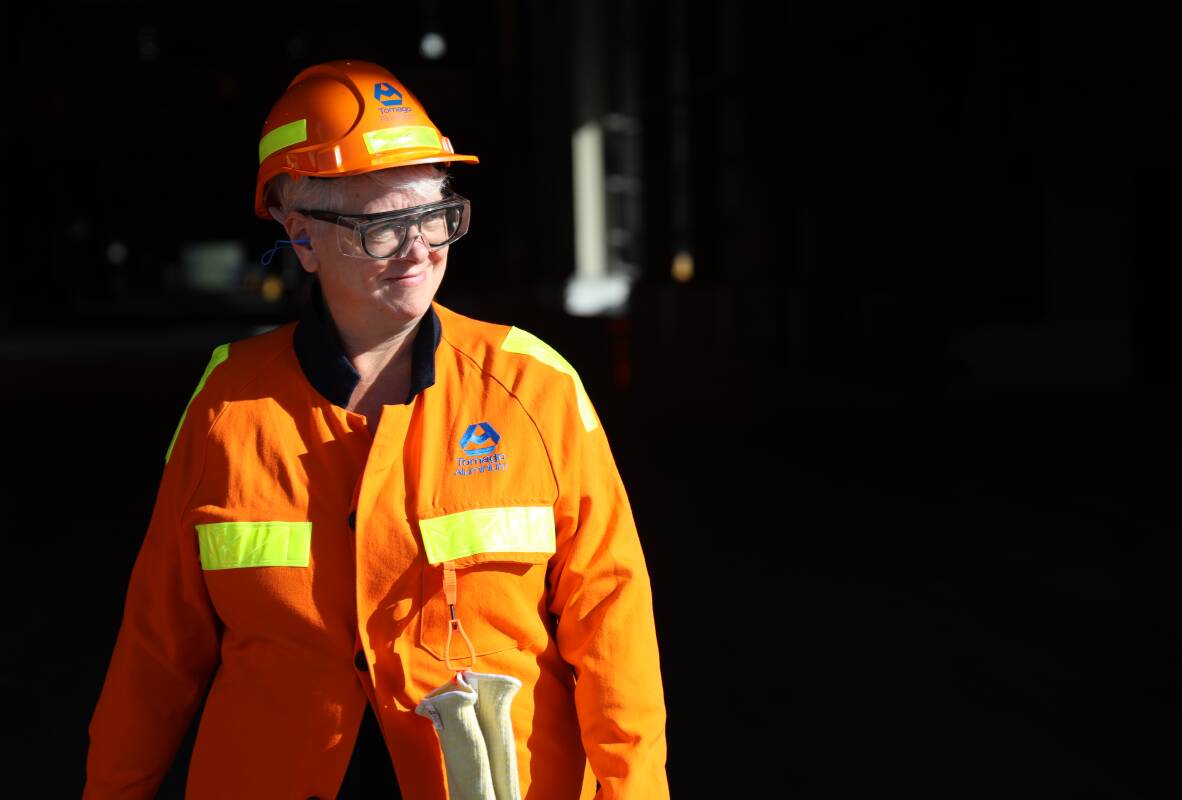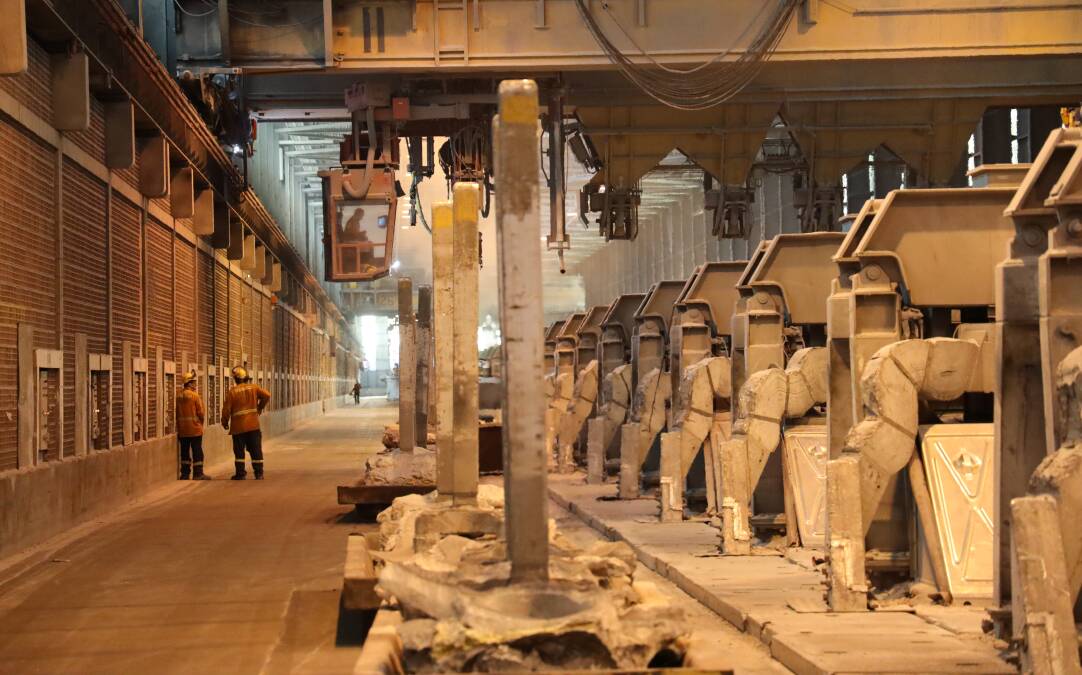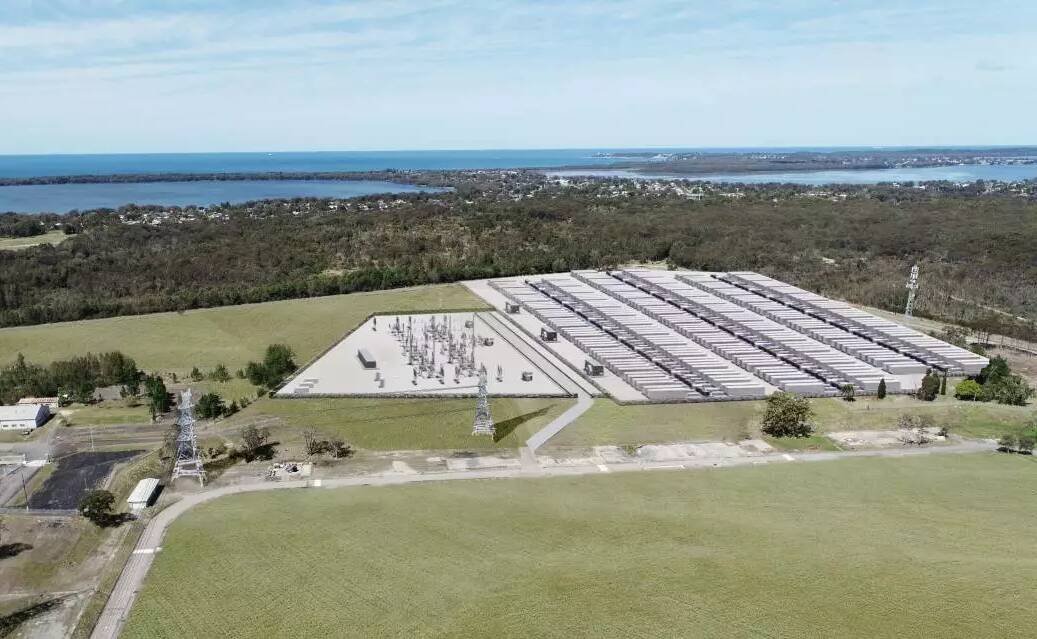


Energy and Climate Change Minister Penny Sharpe says the Hunter region's sense of a "collective responsibility" towards the clean energy transition would ensure it reaped the long term social and economic benefits associated with the historic change process.
The minister met with key union, community and business representatives on Friday to update them on the region's clean energy transition.
She also toured Tomago Aluminium, the state's largest consumer of baseload power.
"I think people are concerned about what it (the transition) means for them and that is totally normal. We have gone from it being an idea that people have been ok with and we are now in the implementation phase and that necessarily means there is some conflict and there are choices to be made," she said.
"But in the Hunter there is a willingness in the community to embrace it. They accept the collective responsibility to explain it in terms of what people understand - what does it mean for my job, what does it mean for my bills, what does it mean for my business."
The government-appointed Electricity Infrastructure Jobs Advocate Mark Apthorpe also provided an update on the Hunter Transmission Project and Hunter Central Coast Renewable Energy Zone, the Hunter Hydrogen Hub and the Hunter offshore wind zone at Friday's meeting.
Ms Sharpe said the government was working through the challenges associated with the projects, but also highlighted the significant supply chain and employment opportunities associated with them.
"It's not just about saying there will be jobs, it's about how do we build the pathways into those jobs," she said.
"It's about the training and what we are doing with schools; it's about apprenticeships and traineeships but it's also about redeployment in some areas."
"In relation to risks associated with the transition, workforce is a key one and it needs to be a priority."
The state government's regional transition authorities in conjunction with the federal government's Net Zero Authority were also playing a key role.
"It brings everything together. It brings together the skilled workforce and a really forward thinking business community. They are enthusiastic and understand the need for change but they also have really practical suggestions about what we should be doing," she said.
"If we do this transition well, it sets up NSW for a really exciting future. If we bungle it along the way it gets much harder."

The completion of the Waratah Battery, the largest battery of its kind, and the Hunter Transmission project were among the top priorities for the next year.
The billion dollar Hunter Transmission Project will connect Eraring and Bayswater power stations. The project, which the government aims to have operating by 2028, is an essential link in transferring renewable energy generated in the state's central west and New England to the Sydney and Hunter markets.
"We really want to see those projects progressing on time and on budget," Ms Sharpe said.
"But the flip side is how are we working to resolve issues around workforce and creating jobs pathways. Also, how are we working with communities so they feel confident that the transition is happening and working for them."







